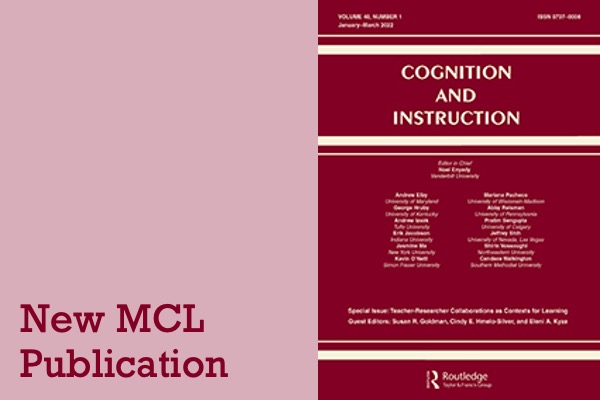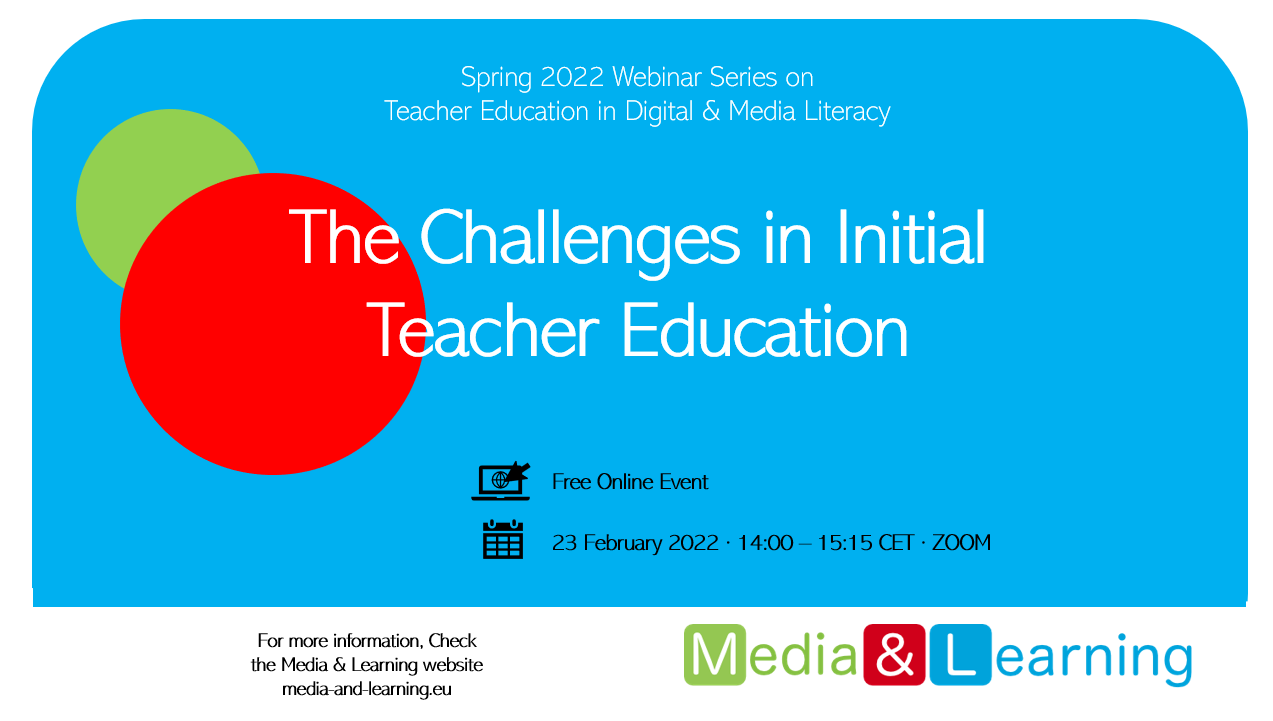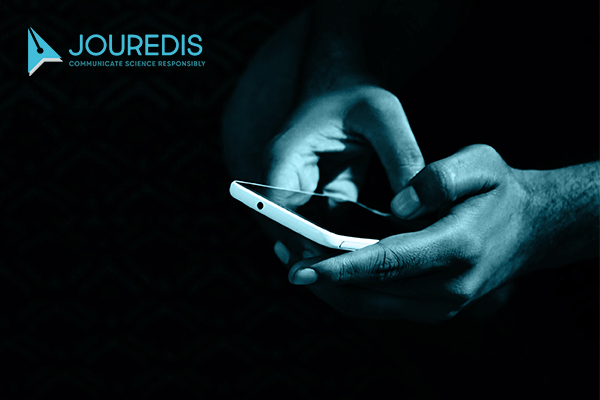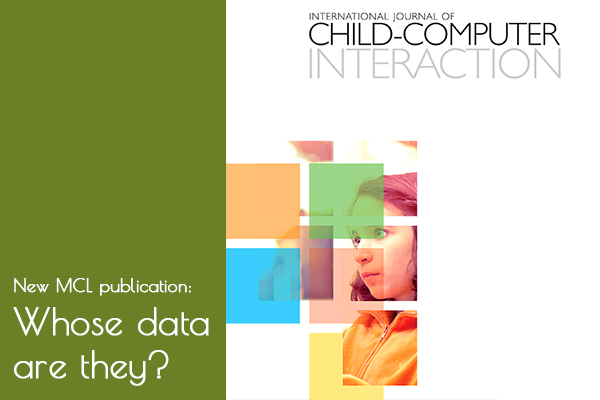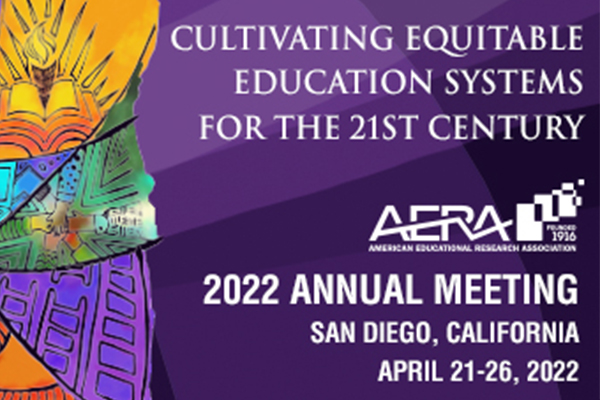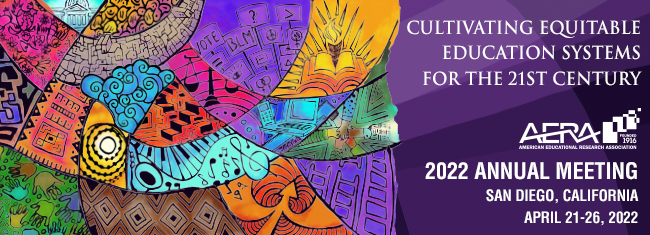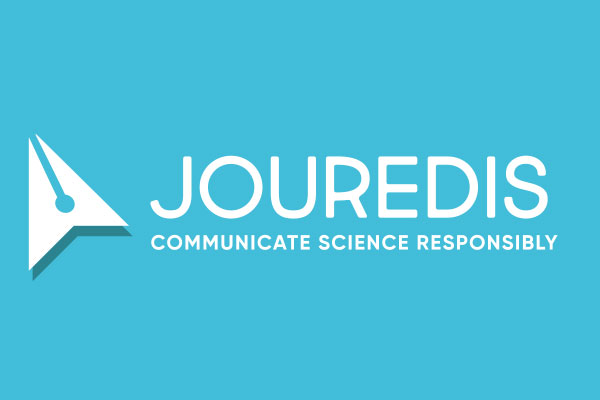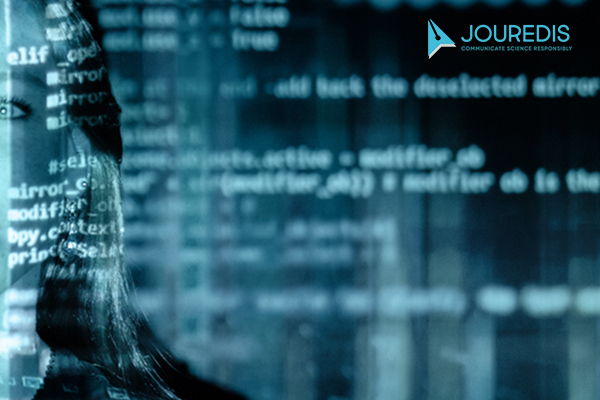
Workshop 2: Let the data do the talking: Tools and good practices for data journalism
Date: 10 March 2022, 16:00-18:00 (online)
Guest speaker: Dr Costas Christophi, Associate Professor of Biostatistics and Epidemiology at the Cyprus International Institute for Environmental and Public Health (CII) at the Cyprus University of Technology and an Adjunct Assistant Professor of Occupational and Environmental Health at the Harvard T.H. Chan School of Public Health.
Trainer: Christiana Varda, Research Associate and PhD Student at the Department of Communication and Internet Studies, Cyprus University of Technology
The pandemic has inundated the public with data on a daily basis: the number of daily COVID-19 infections, hospitalizations, deaths. But how can access to so much data be harnessed to engage audiences and help them make informed decisions based on evidence? Making issues that relate to environmental and health usable, accessible and comprehensible is important, as is often communicating the risks, especially for topics such as climate change or the recent technological developments in vaccines. This workshop will focus on how data journalism can help journalists tell a complex story in an engaging way. Participants will learn best practices for visualizing data using infographics. They will also explore a tool that could be used to create data visualizations, as well as a tool that helps journalists track data on the spread of misinformation on Twitter.

